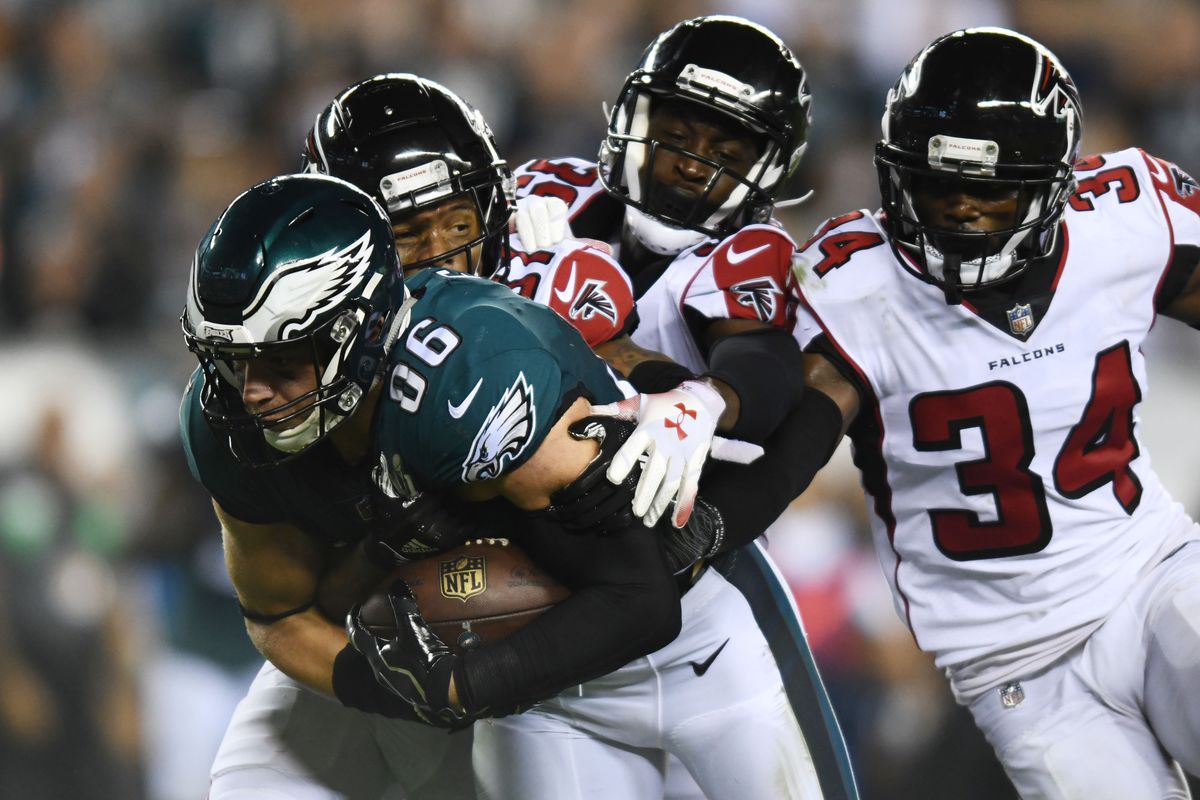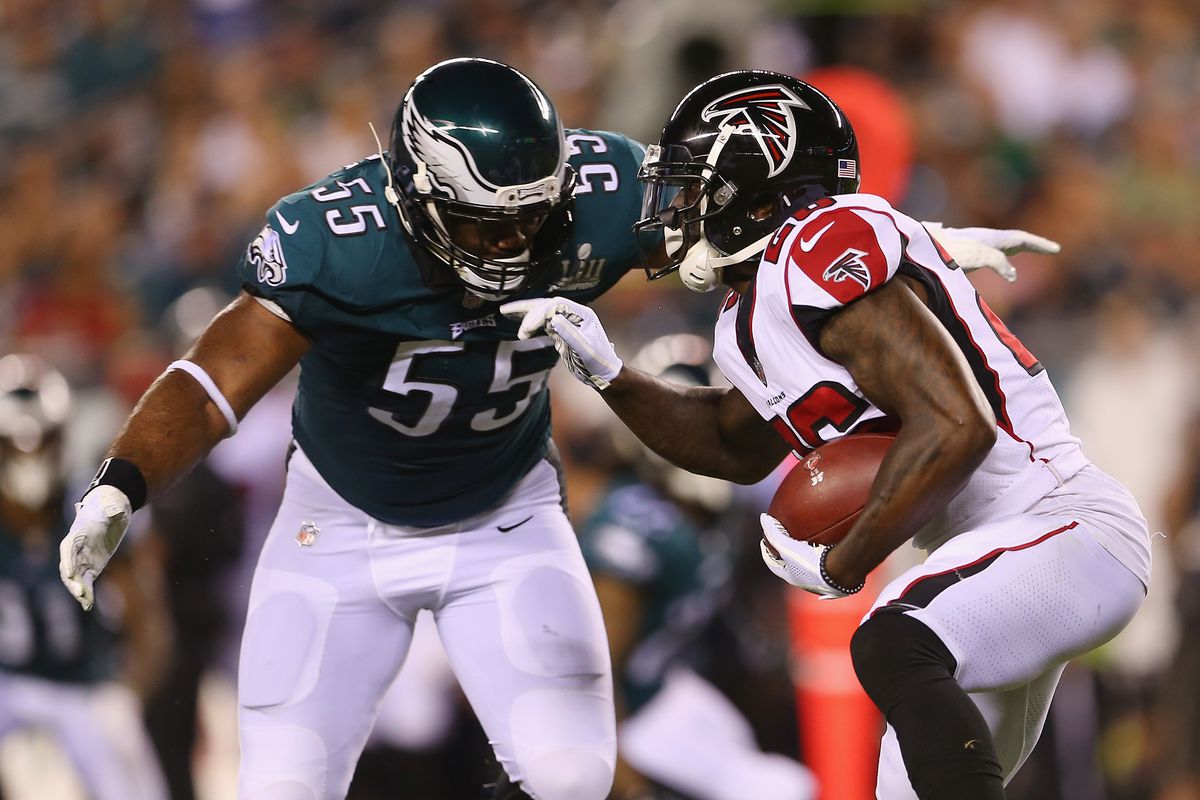In the high-stakes world of the NFL, the Philadelphia Eagles and the Atlanta Falcons have recently made headlines not just for their blockbuster free agent signings, but also for the looming cloud of investigation regarding potential tampering violations.
As the dust settles on a frenetic start to free agency, questions arise about the integrity of the “legal tampering period” and whether these two franchises have played fast and loose with the NFL’s guidelines.

Philadelphia Eagles and Atlanta Falcons Under the Spotlight
The Eagles and Falcons, in their pursuit of gridiron glory, have landed two of the biggest names on the market: quarterback Kirk Cousins for Atlanta and running back Saquon Barkley for Philadelphia. These high-profile acquisitions have not only electrified their respective fan bases but also raised eyebrows across the league, leading to an official examination by NFL authorities as reported by NFL Network’s Tom Pelissero.

A Closer Look at the Legal Tampering Period
The concept of a “legal tampering period” has long been a subject of debate within NFL circles. Ostensibly designed to allow teams a head start on negotiations with free agents, it has often been criticized for being more of a formality than a strictly enforced rule.
This year, the actions of the Eagles and Falcons have thrust this issue back into the spotlight, with the league hinting at potential repercussions for what could be perceived as premature discussions with Kirk Cousins and Saquon Barkley.
Historical Context: The Miami Dolphins’ Precedent
While the threat of sanctions looms large, history suggests that the Eagles and Falcons may have little to fear. The NFL’s track record with enforcing tampering penalties has been inconsistent at best, with the Miami Dolphins’ 2022 punishment for violations concerning Tom Brady and Sean Payton being the exception rather than the rule.
This has led to calls for a reevaluation of the tampering rules, with some advocating for more stringent enforcement, while others suggest scrapping the legal tampering period altogether.
Reasons why the Dolphins need to sign a guard:
1. If Tua gets injured, the season is over
2. They have a 1st and 2nd, that’s it. Signing a guard makes it easier to select BPA
3. I’m worried that Austin Jackson’s play might drop off after losing Hunt— Clown Football League (@ClowNFL) March 14, 2024
Kirk Cousins’ Telling Admission
The investigation’s legitimacy is further bolstered by comments made by Kirk Cousins during his introductory press conference with the Falcons. Cousins’ acknowledgment of conversations with Falcons personnel before the official signing period appears to be a direct violation of the NFL’s tampering guidelines.
This incident serves as a stark reminder of the challenges the league faces in policing early negotiations and maintaining the integrity of the free agency process.

The Way Forward for the NFL
As the Eagles and Falcons navigate the fallout from their aggressive free-agency strategies, the NFL finds itself at a crossroads. The current situation underscores the need for a reassessment of the legal tampering period and its role in the broader landscape of NFL free agency.
Whether the league opts for stricter enforcement or a complete overhaul of the rules, the goal remains clear: to ensure a level playing field where all teams adhere to the spirit and letter of the law.
In conclusion, the Eagles and Falcons have certainly made a splash with their latest acquisitions, but they also find themselves in the eye of a storm that could redefine how the NFL approaches free agency and tampering. As the league deliberates on its next steps, the outcome of this investigation will be keenly watched by fans, teams, and players alike, potentially setting new precedents for future free agency periods.

Source: Givemesports









